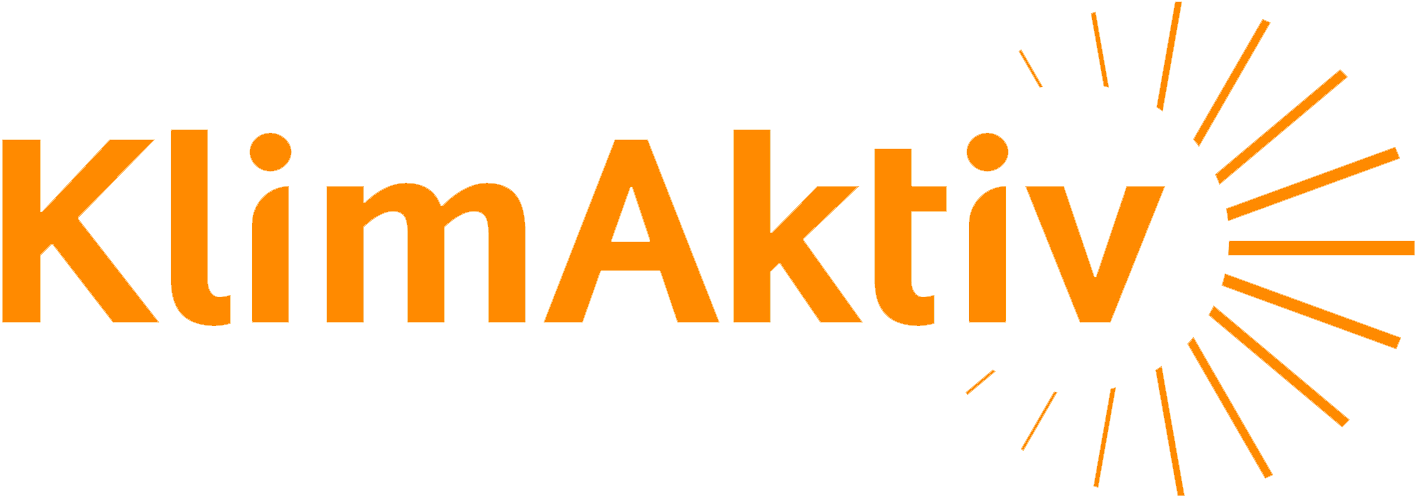The EcoMuvi
Protocol.
Established in 2013 in Italy and accredited by ACCREDIA, the national Single Accreditation Body, the EcoMuvi Standard serves as a comprehensive guide for the sustainable development of audiovisual productions. It functions as a management system, designed and tested directly on set, seamlessly integrating into the workflow of pre-production, shooting, and post-production. The standard defines criteria for analysis and provides practical solutions to achieve optimal environmental, social, and economic performance for audiovisual projects. It also sets the parameters for verification and certification under the EcoMuvi sustainability label.
Adopting the EcoMuvi Protocol is completely free: upon signing a no-cost license agreement with EcoMuvi, production companies can apply the standard to their projects and work directly with the Compliance Certification Body (OdC). When necessary, production companies can request the support of EcoMuvi’s dedicated experts—professionals with deep knowledge of both the audiovisual industry and sustainable development. Their in-field operational support, integrated with the crew, ensures smooth and effective application of the Protocol.
The cost of our collaboration is tailored to the specifics of each project, and in 90% of cases, the savings generated by adopting the EcoMuvi standard fully offset the investment.
EcoMuvi’s
Sustainability
Labels and Certifications.
The sustainability performance achieved through the adoption of the EcoMuvi Protocol is translated into a final score (PEF). This score is derived from primary data and direct measurements collected during production and post-production. The total score determines the level of EcoMuvi Certification awarded to the project, which can be either standard or of excellence.
The EcoMuvi certification is based on accredited evaluation criteria that align with the requirements of European, national, and regional funding, as well as the corporate policies of major streamers, private conglomerates, and broadcasters.
EcoMuvi Standard Logo
For audiovisual projects achieving a performance score between 25% and 79%.
EcoMuvi Excellence Logo
For audiovisual projects achieving a performance score between 80% and 100%.
Each scene can become a sustainability story.
Why adopt the EcoMuvi standard?
The EcoMuvi Protocol is more than just a good idea: it’s a practical, viable solution for audiovisual productions. By adopting the EcoMuvi standard, you are choosing an advanced protocol designed to meet the real needs and challenges of an audiovisual production. Developed by experts in sustainable development and audiovisual production, it provides a concrete approach to minimizing the economic, social, and environmental impact of your project.
And it doesn’t just benefit the planet—it saves money, too. The EcoMuvi standard has been successfully implemented in productions with budgets ranging from €50,000 to €21 million, achieving both a significant reduction in environmental impact and substantial financial savings.
Accredited by ACCREDIA, the EcoMuvi Standard aligns with ISO 17020:2012, European EC Regulation No. 765/2008, and the sustainability targets of the UN Sustainable Development Goals.
- Free to adopt
- EcoMuvi Manager collaboration covered by the savings generated
- Applicable across pre-production, shooting, and post-production
- Flexible and adaptable for any type of audiovisual production
- Detailed reporting of sustainability achievements
- Saving the environment while also saving costs
Preliminary phase
for the EcoMuvi
protocol adoption.
- Submit your application to adopt the EcoMuvi Protocol by signing the free-use license and regulations, which EcoMuvi provides to all interested parties.
- Consultation with EcoMuvi to assess project needs and explore potential implementation strategies:
- Determine the level of EcoMuvi’s integrated field services on offer (full-time on-site presence, periodic visits, training-only support or none at all)
- Request assistance from an ACCREDIA-accredited Conformity Certification Body for the certification process aligned with the EcoMuvi Protocol.
After
Certification.
- Release of the official EcoMuvi logo and approved wording for use in press books and production credits
- Collaboration with the project’s press offices to support the proper and effective communication of sustainability achievements.
The Workflow
of EcoMuvi
- Request for information regarding the EcoMuvi protocol
- Signing up for a free EcoMuvi license
- Request for a quote from the Certifying Body
- Selection of the EMM (EcoMuvi Manager) for the project
- First contact between the EMM and the production team
- Sustainability Policy
- Scheduling and planning
- Defining priorities and tasks for production and departments
- Sustainability budget allocation for all departments
- Internal Communications (Crew and Cast)
- Sponsors and suppliers of certified materials (e.g., sustainable lumber, cosmetics etc.)
- Supplier agreements for services (energy, waste, locations, etc.)
- Start of scheduled activities
- Continuous montitoring and adjustment of activities
- Communication with suppliers and collaborators
- EMM onsite support at shooting locations and in administrative functions
- Certifying Body access to the set (Stage 01)
- Asset management with artistic departments
- Disassembly and conversion into:
- Donation, reuse and recycling
- Material repurposing
- Separation and Disposal
- Energy and waste system removal at filming location
- Preliminary discussion with the post-production supervisor to understand the project’s post-production scope
- Request and data analysis of documents
- Evaluation of participating post-production labs and communicatiom to oversee data tracking
- Monitoring energy consumption of labs and individual professionals through requests for specific documentation
- Monitoring of proper waste management by labs and individual professionals through requests for specific documentation
- Collection of documents and supporting records with on-set and/or headquarters administration as required by the July 2023 issue of the EcoMuvi standard
- Collecting of documents and expense entries from the project’s cost ledger
- Collection of key production documentation
- Contacting of key suppliers for documents and additional specification requirements
- Data processing and reporting
- Evaluation and handling of received primary data
- Supplementing absent data with relevant secondary data based on the project’s evaluation
- Collaboration with the Certification Body (OdC) for project certification during Stage 02
References and technical standards.
- BS8909 – Specification for a sustainability management system for film
- ISO 20121 – Event Sustainability Management Systems – Requirements with Guidance for Use
- DEFRA – Report: Department for Environment, Foodand Rural Affairs, at the current version on inspection’s date
- Global Reporting Initiative pertinent to the Protocols’ criteria and future evolution, at the current version on ispection’s date
- Green Production Guide
- Albert (BAFTA)
- IFS and fair-trade food and textile standards
- European Sustainability Reporting Standards ESRS
- UNI/PdR 99
- CSRD Corporate Social Responsibility Directive




